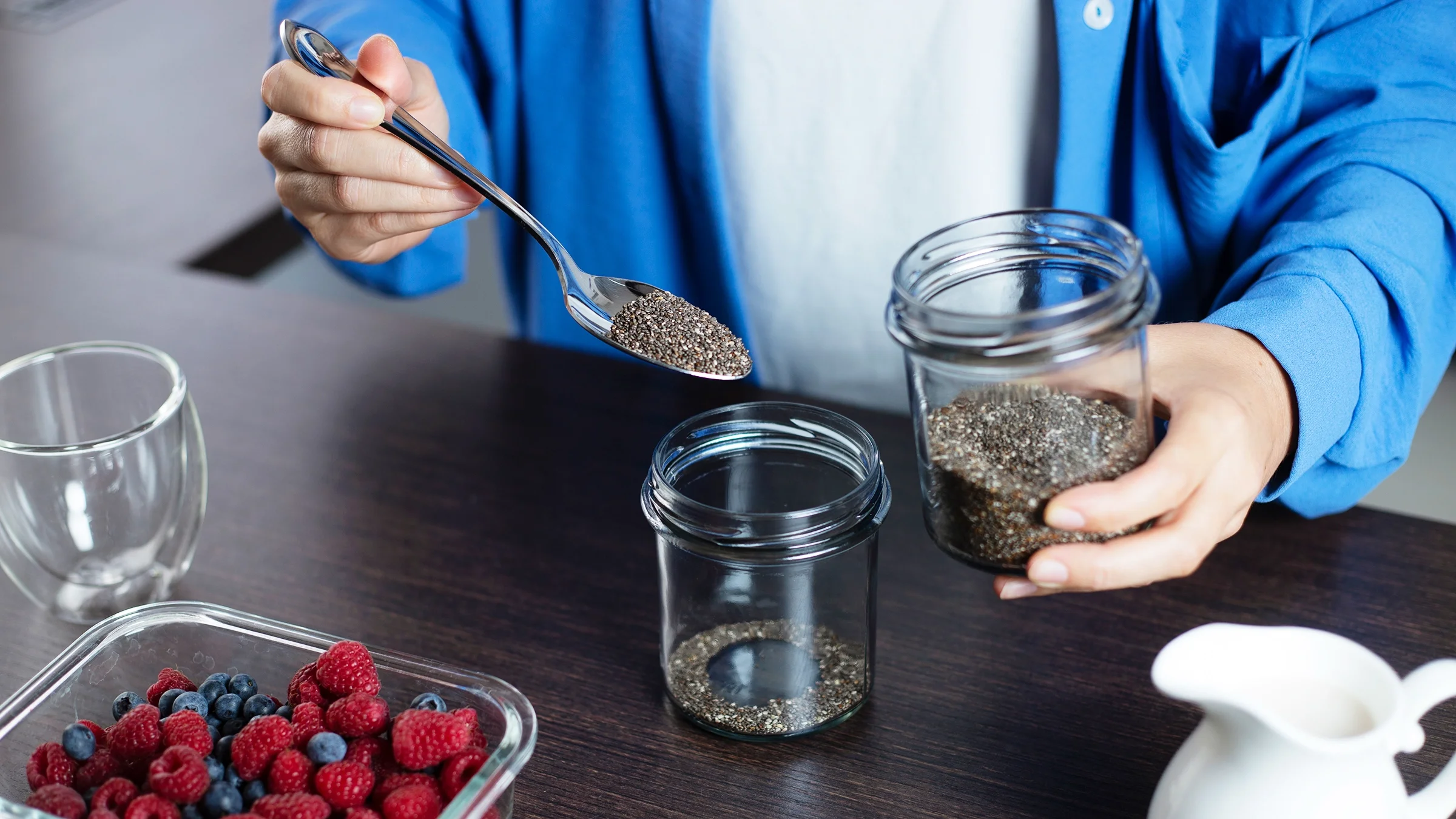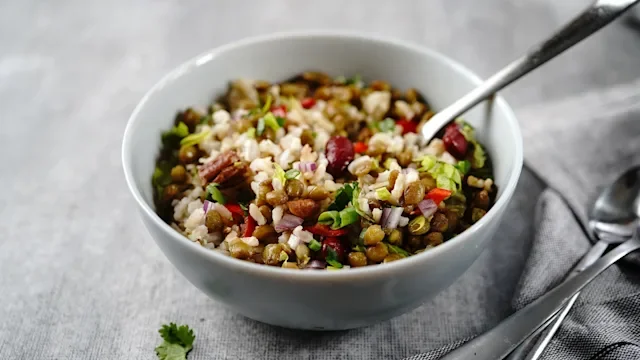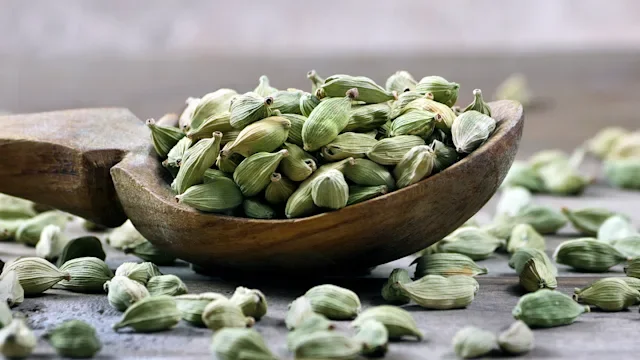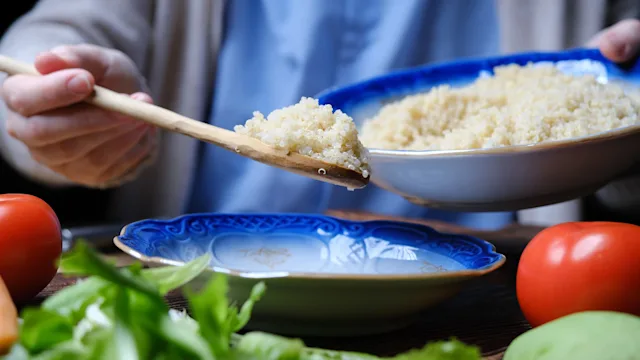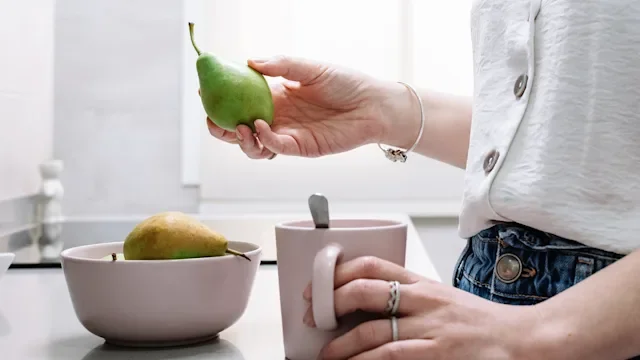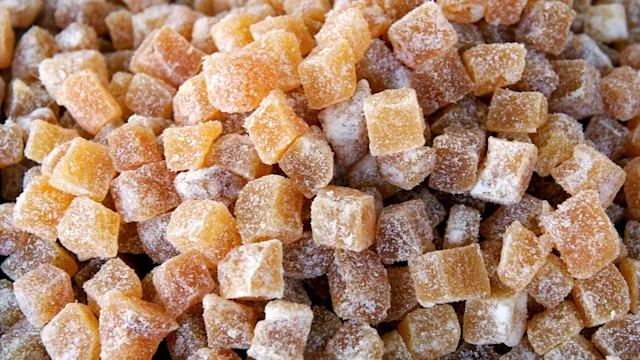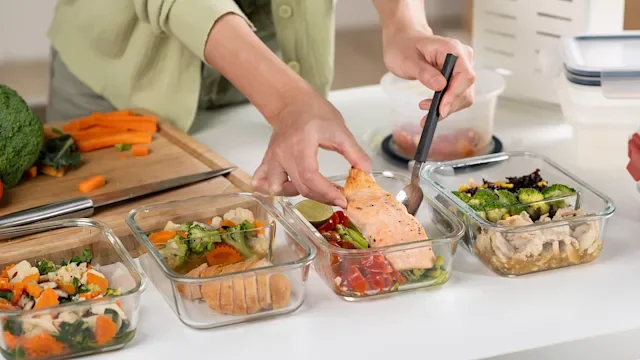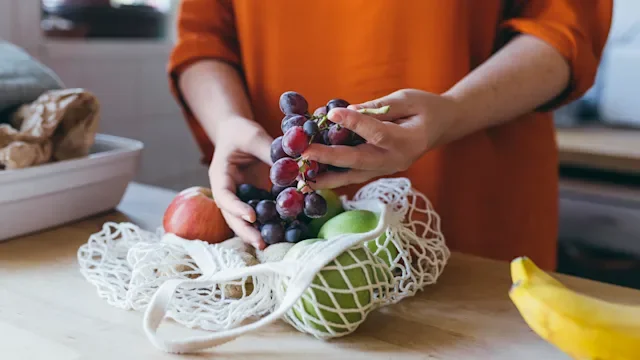Key takeaways:
Chia seeds are tiny edible seeds that provide several beneficial nutrients.
They’re a complete source of plant-based protein. They also provide a good source of fiber and antioxidants.
There are many ways to include chia seeds in your diet. You can add them to yogurt, oatmeal, or a smoothie. Or you can try the popular chia seed pudding.
When you hear the word “chia,” you may recall the popular chia pets from the 1980s and 90s. But these tiny seeds are good for more than just a fun house plant.
Chia seeds have been popular in the health food world for many years now. You’ve likely seen their packages on grocery store shelves. And you may have also noticed them as a more common ingredient in various foods.
But what’s behind this growing food trend? And are chia seeds really that good for you?
Here, we’ve done the research for you and broken down what exactly chia seeds are, what makes them good for you, and how to start including them in your diet.
What is a chia seed?
Chia seeds are the edible seeds that come from the plant Salvia hispanica — commonly known as “chia.” They’re originally from southern Mexico and parts of Guatemala. But they’re now grown and harvested in many different parts of the world, including the U.S. They’re commonly black — but they can also be white in color.
Chia seeds are tiny and resemble birdseed. They have a grainy texture when raw. When placed in liquid, though, they swell up to create a gel-like texture. This feature makes them unique and has given them many original uses.
What are the health benefits of chia seeds?
Chia seeds are a source of several key nutrients with numerous health benefits.
Fiber
Nearly all of the carbohydrates in chia seeds are in the form of fiber — specifically, insoluble fiber. This type of fiber helps bulk up your stool and remove waste through your digestive tract. Just 1 oz (2 tbsp) of chia seeds provides nearly 10 g of fiber. This is about 35% of your recommended daily intake.
Fiber has many health benefits, including better digestion and more regular bowel movements. Fiber also supports healthy blood sugar and cholesterol levels.
Chia seeds versus flaxseed: Which one is better for you? We compare the nutrients and health benefits of these trendy seeds.
What’s chia water? This has become a popular food trend for weight loss. So our experts look into if it really works.
Plant-based protein sources: If you’re a vegetarian, vegan, or simply following a plant-based diet, it’s important to know where to get your protein.
The high fiber content in chia seeds — along with the protein they contain — contributes to a feeling of fullness when eating. This can help prevent overeating and possibly help promote or maintain a comfortable weight.
Complete, plant-based source of protein
Two tablespoons of chia seeds provide almost 5 g of plant-based protein. What makes them unique, though, is that the protein in chia seeds is considered a complete protein. This means it contains all nine essential amino acids that your body can’t make on its own.
Most plant-based protein sources are incomplete protein. This means they lack one or more of the essential amino acids that must be obtained elsewhere. So chia seeds make an especially good choice for people who follow vegan or vegetarian diets, who might otherwise have difficulty obtaining all of the essential amino acids.
Omega-3 fatty acids
Most omega-3 fatty acids come from animal foods like fatty fish. Yet chia seeds are among the richest plant-based sources of these essential fats. Omega-3 fats provide many health benefits by lowering inflammation in your body that contributes to disease, such as:
Heart disease
Cancer
Type 2 diabetes
Alzheimer’s and dementia
Depression
Arthritis
The type of omega-3 fats in chia seeds is different from that in animal products though. Chia seeds provide a type called alpha-linolenic acid (ALA). Your body has to convert ALA to get its benefits. So chia seeds aren't an efficient source of omega-3s compared to fatty fish like salmon.
Nonetheless, they still provide health benefits. And they make a great option for people who don’t eat animal products.
Antioxidants
Chia seeds contain a high amount of antioxidants. These antioxidants help protect your cells from damage, which can lead to disease. The antioxidants in chia seeds may particularly help protect your body from:
Heart conditions
Liver damage
Signs of aging
Some types of cancer
How do you incorporate chia seeds into your diet?
Chia seeds aren’t very flavorful on their own. But when you mix them into foods, they can take on the surrounding flavor. This makes them a versatile addition to a variety of foods. Plus, chia seeds are naturally gluten-free and vegan. So they can be an easy addition to just about anyone’s diet.
Chia seeds will absorb liquid. So, when using them in cooking or baking recipes, add a little more liquid than usual.
Here are some ways to incorporate chia seeds into your diet:
Mix a tablespoon or two into your oatmeal before cooking it. You can also add them to your favorite overnight oats recipes.
Sprinkle them on top of yogurt or cereal.
Use them as part of homemade granola, or add to a premade bag of granola.
Stir a small amount into the dough or batter of baked goods such as muffins, cookies, and pancakes.
Blend a small handful into a smoothie.
Swirl them into your water or juice. Allow them to swell before drinking.
Use in homemade jam, or mix into premade jams.
Mix them into raw grains like rice and quinoa before cooking them.
Use as a vegan egg substitute. Combine 1 tbsp chia seeds with 3 tbsp water and allow the mixture to gel up for about 5 minutes. This will replace 1 whole egg in any baking recipe.
Buy premade items that contain chia seeds at the grocery store. Examples may include crackers, energy bars, and other snack or breakfast items. Just be sure to check the nutrition label to guide you in making the best choice.
You can also make chia seed pudding:
Add 3 tbsp of chia seeds to a small bowl or mason jar, and cover it with 1 cup of your preferred milk.
Mix in desired flavorings like berries, nut butter, and/or a bit of natural sweetener like honey.
Mix well and allow to rest in the fridge for at least 30 minutes. Or leave it overnight before enjoying.
Frequently asked questions
Yes. Like most packaged foods, chia seeds won’t last forever. They can have an expiration date anywhere from a few months to a few years, depending on how they're packaged and stored. Pay attention to the expiration or “best by” date when consuming them.
Not exactly. The fiber in chia seeds is good for your digestive tract. And it can help promote normal bowel movements. Chia seeds don’t directly clean out your stomach though.
Very few. The main potential downsides to chia seeds come with either being allergic to them or eating too many of them. Eating too much fiber from chia seeds can lead to digestive symptoms like gas, bloating, and abdominal pain. Chia seeds may also be a choking hazard for people who have difficulty swallowing.
Yes. Like most packaged foods, chia seeds won’t last forever. They can have an expiration date anywhere from a few months to a few years, depending on how they're packaged and stored. Pay attention to the expiration or “best by” date when consuming them.
Not exactly. The fiber in chia seeds is good for your digestive tract. And it can help promote normal bowel movements. Chia seeds don’t directly clean out your stomach though.
Very few. The main potential downsides to chia seeds come with either being allergic to them or eating too many of them. Eating too much fiber from chia seeds can lead to digestive symptoms like gas, bloating, and abdominal pain. Chia seeds may also be a choking hazard for people who have difficulty swallowing.
The bottom line
Chia seeds are tiny but powerful seeds. They provide many health benefits. They're a good source of fiber and antioxidants. And they’re a plant-based source of omega-3 fatty acids. These nutrients can lower blood sugar, cholesterol levels, and even your cancer risk. You can mix them into yogurt or oatmeal or enjoy the popular chia seed pudding. No matter how you eat them, you’ll be doing your body a favor by including them in your diet.

Why trust our experts?


References
Hrnčič, M. K., et al. Chia seeds (Salvia hispanica L.): An overview—phytochemical profile, isolation methods, and application. (2019). Molecules.
Karimi, M., et al. (2024). Effects of chia seed (Salvia hispanica L.) supplementation on cardiometabolic health in overweight subjects: A systematic review and meta-analysis of RCTs. Nutrition & Metabolism.
Krupa, K. N., et al. (2024). Omega-3 fatty acids. StatPearls.
MyFoodData. (n.d.). Chia seeds.
National Center for Complementary and Integrative Health. (2023). Antioxidant supplements: What you need to know. National Institutes of Health.
Ullah, R., et al. (2015). Nutritional and therapeutic perspectives of Chia (Salvia hispanica L.): A review. Journal of Food Science and Technology.

